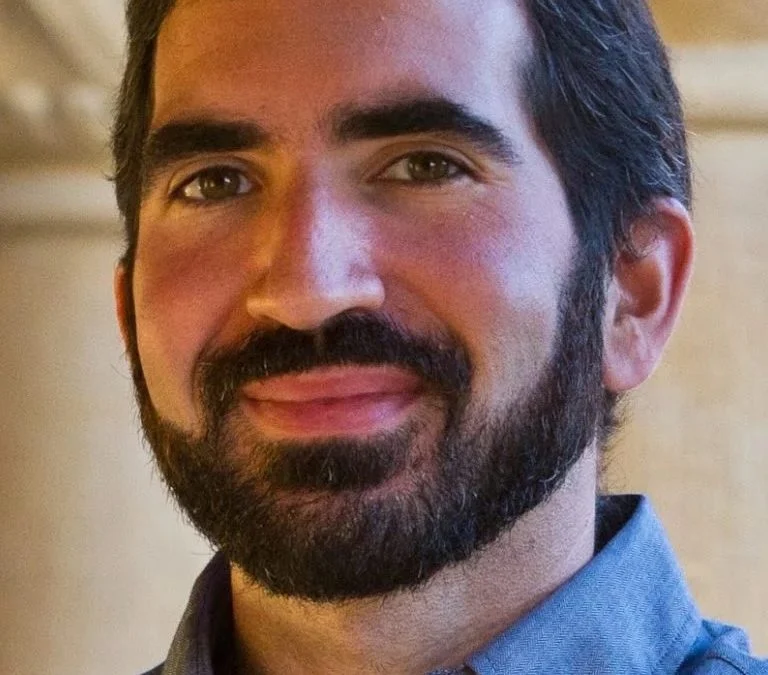What everyday encounters reveal about the psychology of policing and being policed

Racial disparities in policing are profound and accompanied by equally persistent gaps in trust. Analyses of these and other inequities are often bifurcated between institutional and individual levels of analysis. In this talk, I describe how everyday contacts between the public and doctors, teachers, or police officers—institutional interactions—bridge these levels. Organizations direct and coordinate these agents’ individual discretion; at the same time, individual agents relate to the public in ways institutions themselves cannot. The dual nature of these encounters links individual and dyadic processes to organizational and institutional ones. Using police stops as a paradigmatic example, I illustrate how institutional interactions contribute to racial gaps in police‐community trust, how they can be used as a platform for changing the relationship between law enforcement and the public, and how they can inform our understanding of inequality in other settings.
Part of the Group Dynamics Fall 2024 Seminar Series Event Series
See All Events in Series
Organizers
Institute for Social Research – Research Center for Group Dynamics

